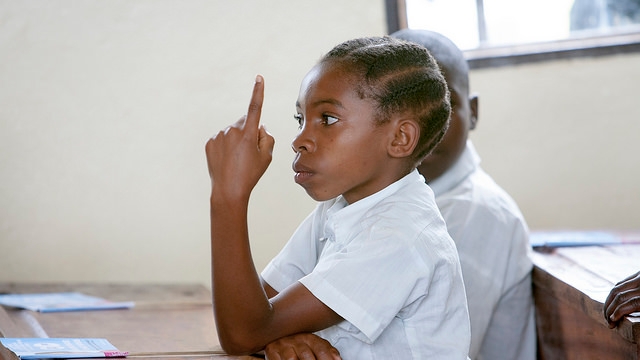OVERVIEW
Few tasks are more important for the effective functioning of government as a whole than coordination at the top of the executive branch. When performed well, collective expertise from across the public sector is mobilized and brought to bear on the most pressing decisions confronting the country. Ministries, agencies and departments with a stake in a particular issue are consulted, and their views and technical knowledge are fully integrated into the decision process. Senior officials have the opportunity to thoroughly weigh and review various options, and to fully understand their legal, financial and policy implications. Once decisions are taken, ministries move forward with a clear set of directives and adequate resources to implement them effectively.
In many countries, reality may be far from this ideal. Decisions can be taken informally, with no record of their existence. Commitments may be made that run contrary to other established policies or initiatives. Powerful ministers can ignore or bypass cabinet if its decisions are not to their liking. Policies may be advanced and accepted without consideration of their costs or even their legality. Weak coordination may set ministries and agencies against each other or working at cross-purposes. A lack of follow-up may mean that decisions are never actually taken forward. As a result, many cabinet decisions — as many as two-thirds in some assessments — are never implemented.
OBJECTIVES
About the Center of Government Practice
The World Bank is becoming increasing involved on Center of Government issues, where relatively modest engagements can yield significant gains in improved implementation, coordination and decisionmaking. The Bank’s collective experience spans six continents and includes work in a number of Middle and Low Income countries, including India, Albania, Romania, Tanzania, Thailand, Timor Leste, and Tunisia. This work utilizes a number of approaches and modalities that are tailored to the unique demands of a particular country, ranging from knowledge management and dissemination to advisory services and general consultancy support. Such work is supported through a variety of instruments, ranging from Reimbursable Advisory Support (RAS) agreements to trust funds, investment leading and sometimes as an element of policy-based lending.
The World Bank’s Center of Government (COG) Global Solution Group has recently been created to support this work. The COG GSG works with clients and front line staff along several dimensions, including:
- helping to mobilize knowledge and expertise both within and outside the Bank to support operations;
- gathering the latest information on COG reforms throughout the globe, and disseminating this experience through COG internal and external websites, blogs, seminars, case studies, publications and other knowledge events;
- supporting a community of practice dedicated to gathering and exchanging experience on COG issues among Bank staff, clients and consultants; and
- coordinating closely with others working on related topics, such as regulatory policy or sectoral service delivery, or other groups such as the Inter-American Development Bank and OECD.
Programming Examples
As indicated on the map above, the Bank has recently supported or is currently supporting COG reforms in a number of countries.
More detailed information about several of these engagements is provided below:
- Albania, where the new Delivery Unit in the Prime Minister’s Office is helping to coordinate and monitor delivery in six priority areas
For a brief summary, see Center of Government Country Case: Albania
- Romania, where the Government recently established a Delivery Unit to improve the identification, monitoring and delivery of its Priority Policies. For a brief summary, see Center of Government Country Case: Romania
- India, where the Government of India has recently been rolling out a performance management system across the Indian states. For a brief summary, see Center of Government Country Case: India
